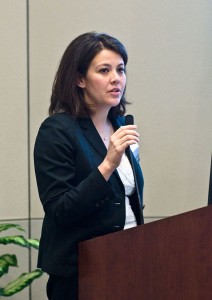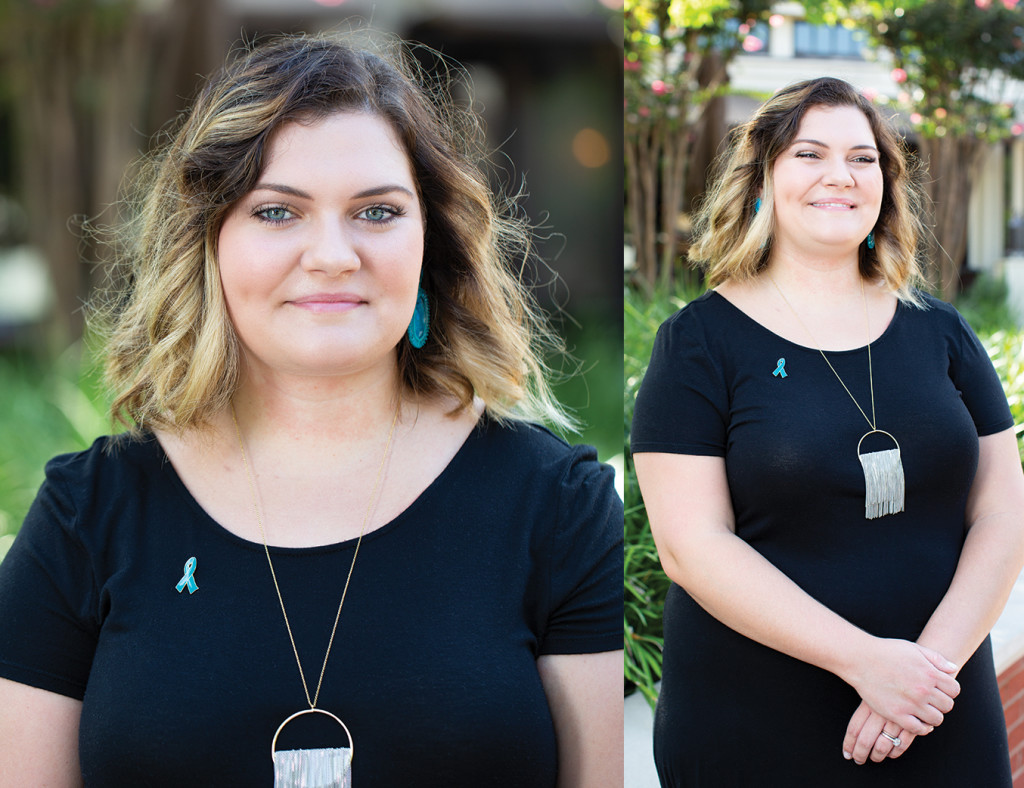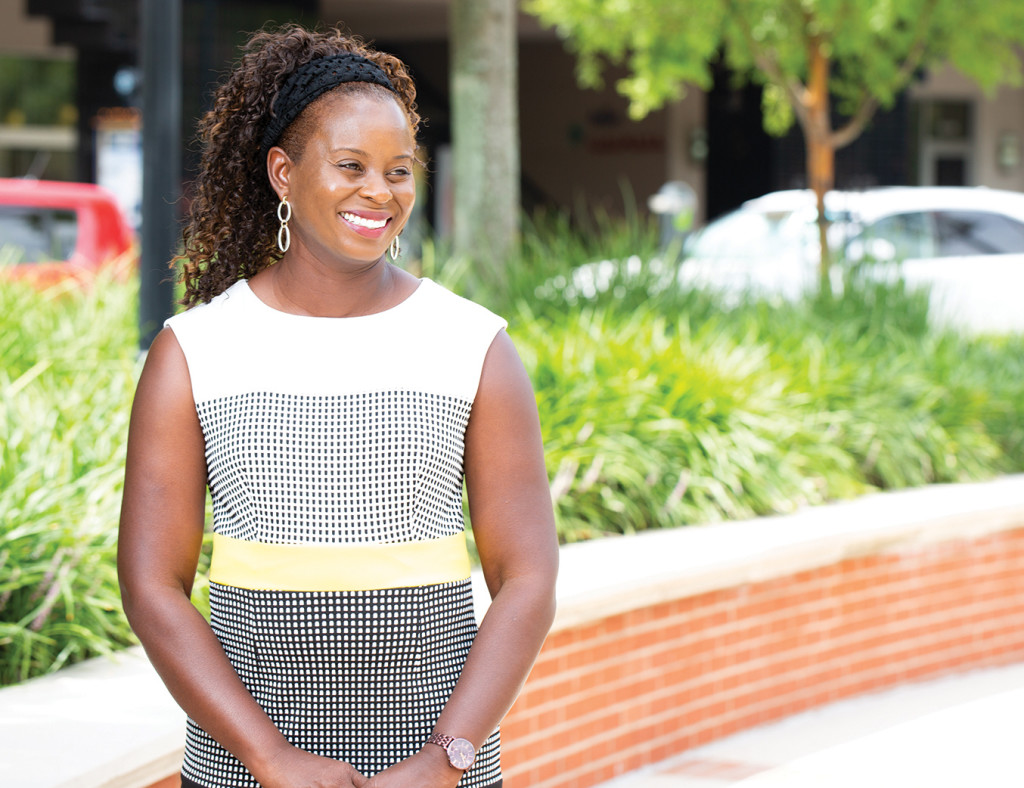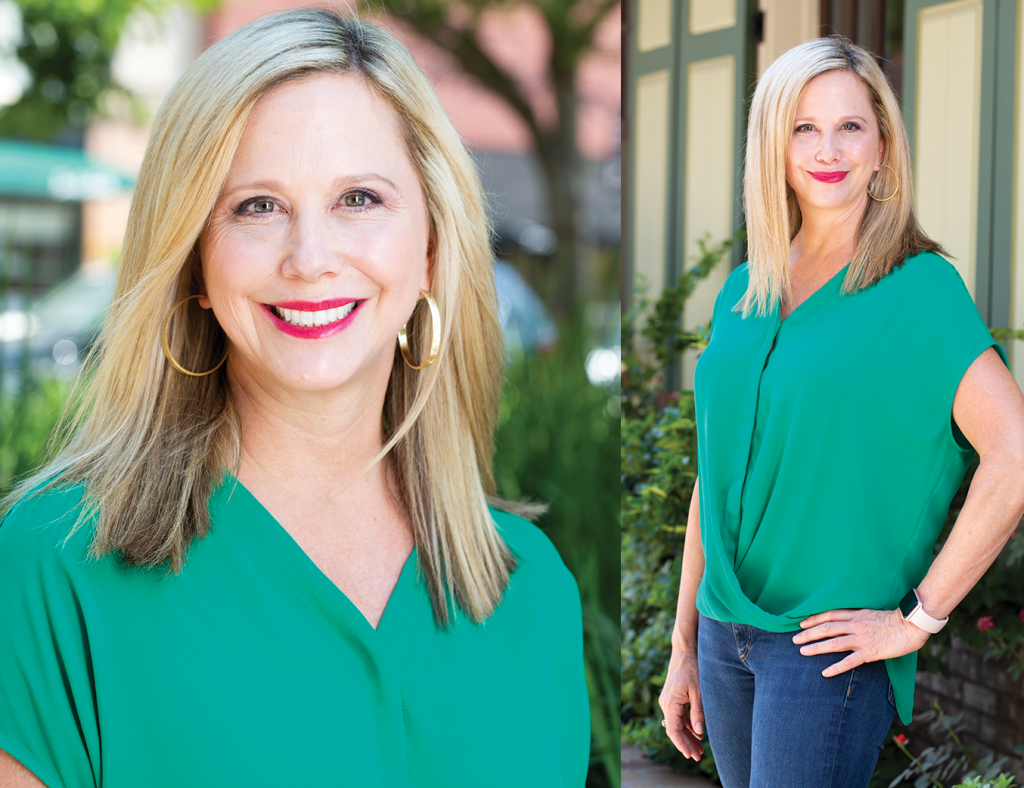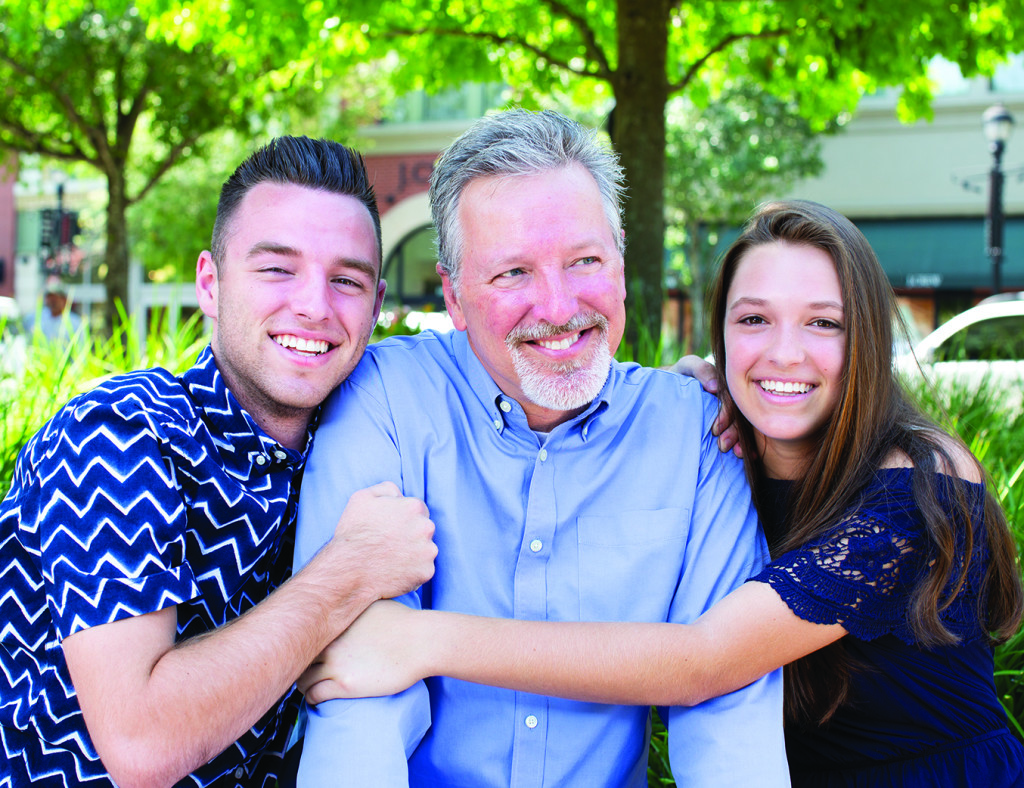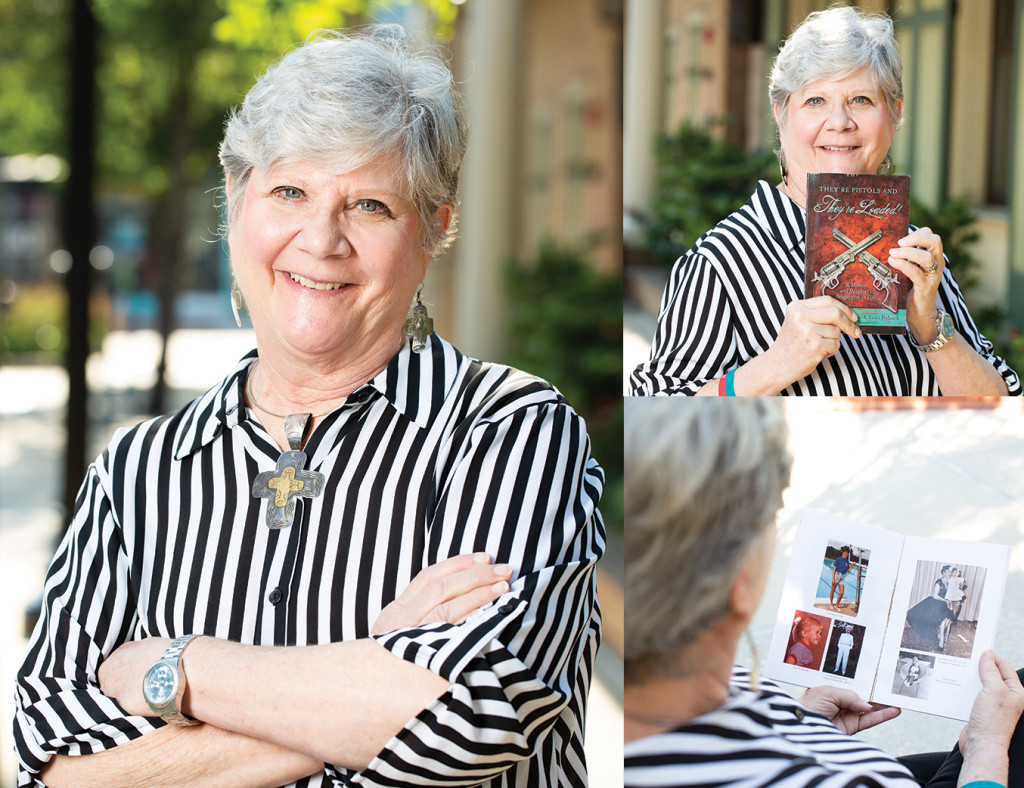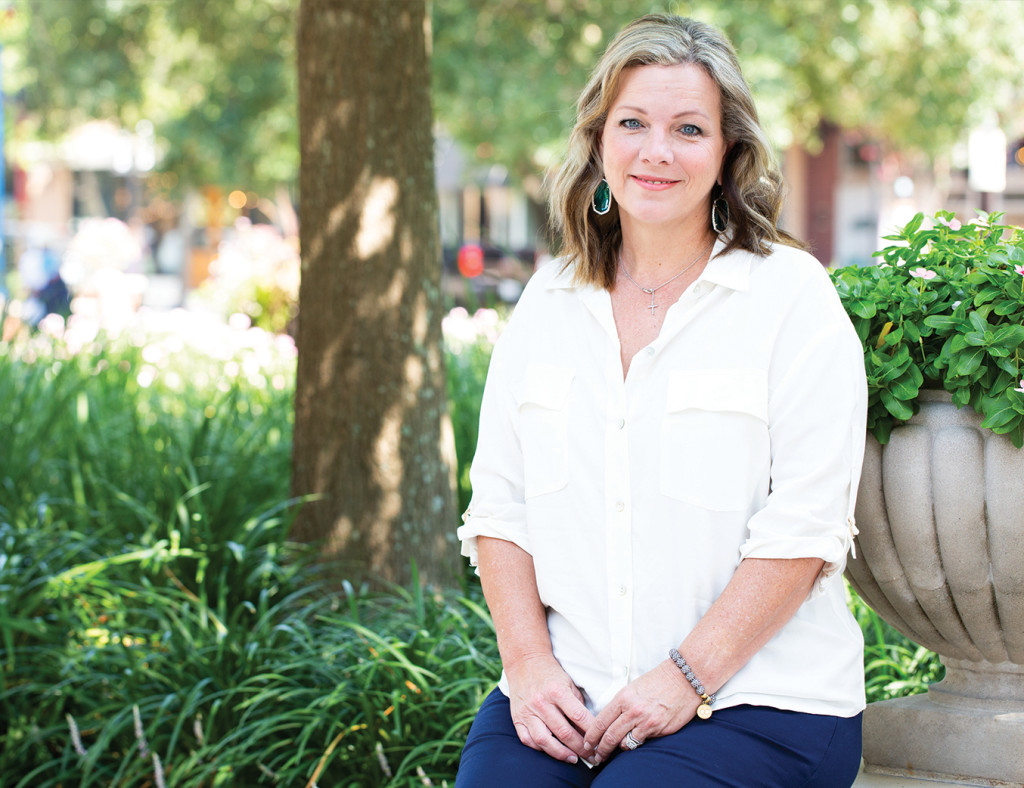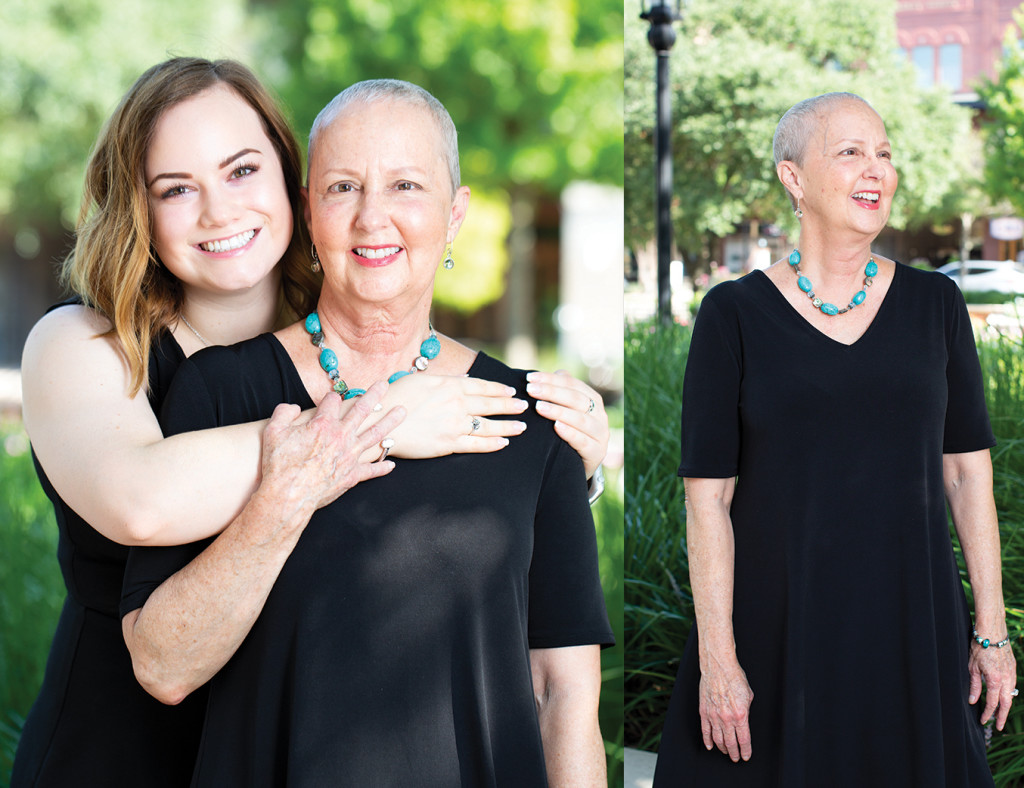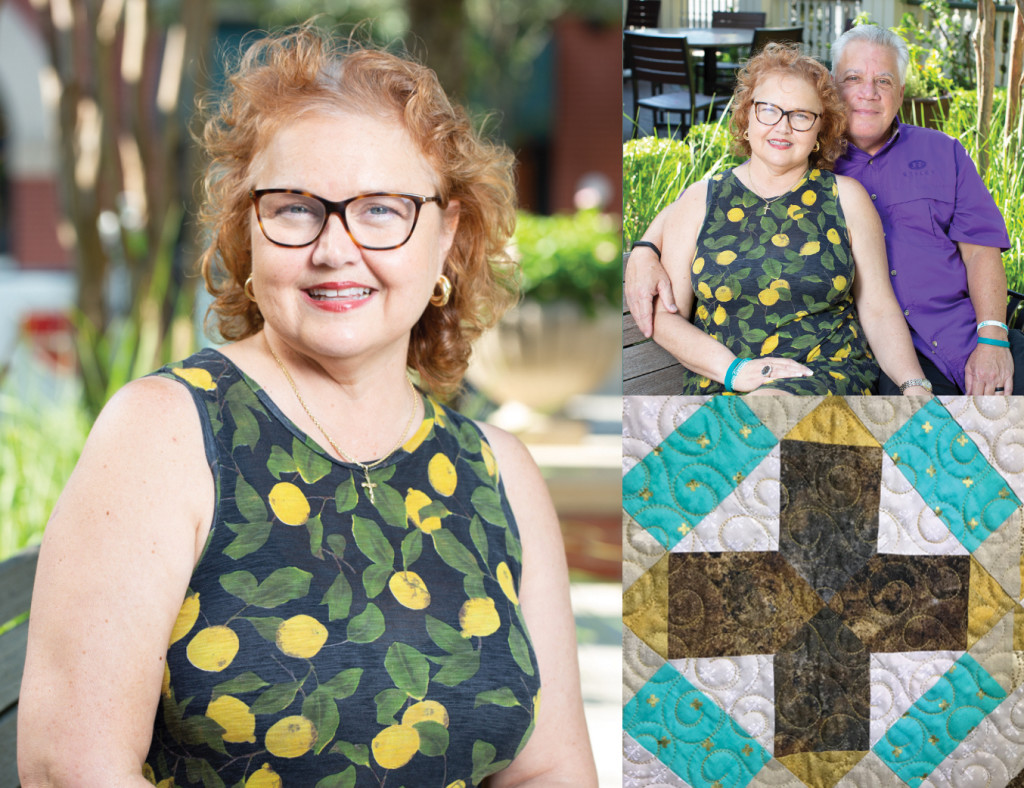Interview with Dr. Pamela Soliman, Gynecologic Oncologist at MD Anderson Cancer Center
We tend to focus a lot on patients during OC awareness month, but we are thrilled introduce you to someone on the other side of the fence. Dr. Pamela Soliman is a Gynecologic Oncologist at M. D. Anderson Cancer Center, on the Board of Directors at Judy’s Mission, and was Judith Liebenthal Robinson’s oncologist (the namesake of our organization). Without further ado, here are 5 questions with Dr. Soliman.
- Do you think that one day a screening for ovarian cancer will exist? (In other words, the equivalent to what the mammogram is to breast cancer.) If so, how far off do you think we are from that technology?
This is a tough question. Because ovarian cancer is much less frequent than breast cancer, it makes identifying an effective screening test more challenging. There has been promising information looking at algorithms for screening combining serial CA-125 with ultrasound that have looked good so far but I don’t think we are close to having routine screening for all women quite yet. Another strategy has been to identify women who may be at higher risk because of genetics and screening these women in a more aggressive way. We are hopeful that this strategy will decrease the overall numbers of women diagnosed with ovarian cancer with advanced stage.
- What do you think the biggest misconception about ovarian cancer is?
From a detection standpoint, I think a common misconception is that if we just did a CA-125 on everyone we would find ovarian cancer earlier. I have heard many patients, family members, and even doctors say this. There have been large prospective studies that have shown CA-125 by itself should not be used as a screening tool. It can lead to unnecessary surgeries which can sometimes be harmful.
- How did Angelina Jolie’s NY Times Article, Diary of A Surgery, change Gynecologic Oncology, if at all? Do you feel patients are generally more informed now about the BRCA gene?
Anytime you have a celebrity be open about a cancer diagnosis or screening I think it helps get the word out. I think more doctors, both primary care and general ob/gyns are more informed about BRCA for a number of reasons so I think that has increased awareness overall.
- What is one thing you think people would be surprised to learn/know about your career as a gynecologic oncologist?
People always seem surprised that gynecologic oncologists are both surgeons and chemotherapy doctors. This is not common in other types of cancers. The surgery and chemotherapy are often done by 2 different doctors for breast, colon and other cancers. This makes the relationship between gynecologic oncologists and their patients unique. We really take care of people through the whole course of their treatment.
- People like Jessica Murnane (her brief story here) and Alisa Vitti (her brief story here) have found extreme success managing their ovarian conditions like endometriosis and PCOS by changing their diet. Do we know anything about the relationship between diet and ovarian cancer currently? Do you think we’ll know more in the future?
I would say that the relationship between diet and ovarian cancer is unknown. I am not aware that particular food or a particular diet can change the outcome of a patient with ovarian cancer. I usually tell people to have a well-balanced diet and continue to exercise. I do think that your overall health can help you make it through a big surgery and chemotherapy a little easier.
Dr. Pamela Solimon


